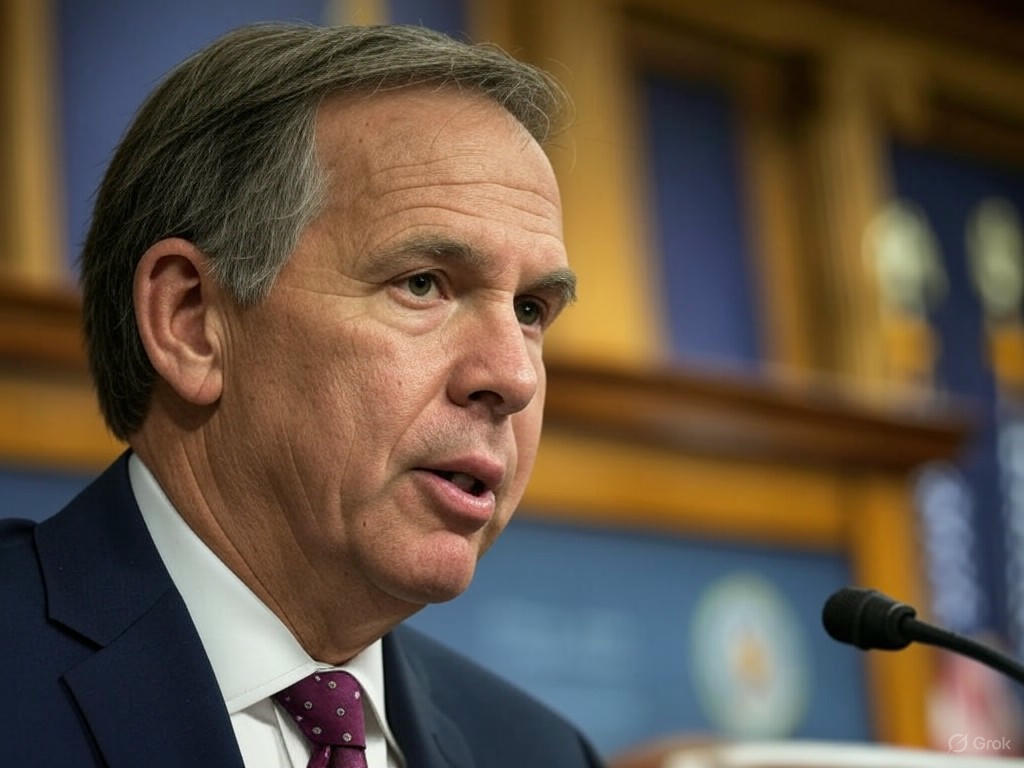In a bold move to safeguard the future of space exploration, Senate Republicans are rallying to protect key NASA programs currently on the chopping block. With federal budget constraints tightening, several critical initiatives, including lunar missions and climate research satellites, face significant funding cuts. This has sparked concern among lawmakers who view NASA as a cornerstone of American innovation and scientific progress. The push to preserve these programs comes at a time when the United States is striving to maintain its leadership in the global space race, especially with competitors like China advancing rapidly.
The debate over NASA’s budget is not just about numbers; it’s about vision. Republican senators argue that slashing funds for space exploration could jeopardize long-term goals, such as returning humans to the moon under the Artemis program. They emphasize that these missions are not mere luxuries but investments in technology, national security, and inspiring future generations of scientists. One senator reportedly stated that allowing these cuts would be akin to ‘dimming the beacon of discovery’ that NASA represents. Additionally, programs monitoring Earth’s climate through advanced satellite systems are at risk, which could hinder efforts to address pressing environmental challenges. The senators are urging their colleagues to consider the broader implications of underfunding such vital research.
Beyond the scientific and strategic arguments, there’s a cultural dimension to this battle. NASA has long been a symbol of human ambition, captivating the public with iconic moments like the Apollo moon landings. Senate Republicans are framing their defense of the agency as a commitment to preserving this legacy. They are working to build bipartisan support, highlighting how NASA’s work transcends political divides and unites Americans in a shared pursuit of the unknown. Negotiations are underway to redirect funds or find alternative solutions to prevent the proposed cuts, though the outcome remains uncertain amidst broader fiscal debates in Congress. Some propose public-private partnerships as a way to bridge funding gaps, pointing to successful collaborations with companies like SpaceX as a model for the future.
As the budget discussions unfold, the stakes for NASA couldn’t be higher. The agency’s ability to push boundaries—whether exploring distant planets or understanding our own—hangs in the balance. Senate Republicans are positioning themselves as champions of this cause, arguing that the cost of inaction far outweighs the price of investment. They warn that failing to protect these programs could cede ground to international rivals and stifle innovation at home. With public interest in space exploration growing, thanks to recent high-profile missions, the pressure is on lawmakers to act decisively. The coming weeks will reveal whether NASA’s ambitious projects will soar to new heights or be grounded by financial constraints, but one thing is clear: the fight for the stars is far from over.
